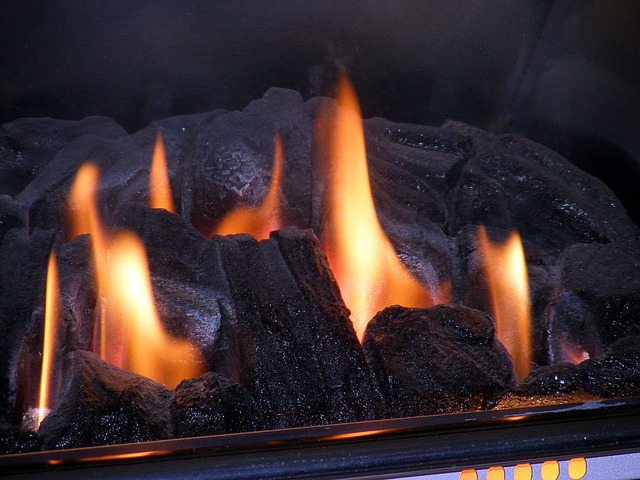As Carbon Monoxide Awareness Week returns for another year, St. Catharines Fire Services is reminding residents to ensure carbon monoxide alarms are in working order, and that fuel burning appliances are routinely inspected. Carbon Monoxide Awareness Week runs from Nov. 1 to 7.
Carbon monoxide (CO) is known as the silent killer because it has no taste or smell and is otherwise undetectable without a carbon monoxide alarm. Exposure to CO causes flu-like symptoms such as headaches, nausea, dizziness as well as confusion, drowsiness, loss of consciousness and ultimately death.
In Ontario 65 per cent of CO-related deaths occur in the home.
“Carbon monoxide truly is the silent killer, you can’t see it, you can’t smell it. Working alarms are the sentry that guards your family against the threat, but for them to do the job they need to be installed properly and in working order,” said Deputy Fire Chief Dave Upper, adding, “this week is the perfect time to check the batteries in alarms,
ensure they are properly installed, and that they have not expired.”
Ontario law requires property owners to install carbon monoxide alarms in the sleeping areas of homes that have wood burning fireplaces, attached garages or fuel-burning appliances, such as gas furnaces, gas stoves or gas water heaters.
The law also applies to residential homes with multiple dwellings, low-rise and high-rise buildings and requires carbon monoxide alarms in various areas of the buildings, including residential units near service rooms with fuel-burning appliances and units adjacent to parking garages.
While alarms provide warning of a potentially deadly CO leak, homeowners can go even further to protect themselves and their families by ensuring fuel-burning appliances, such as furnaces and water heaters, are routinely inspected and maintained.
Carbon Monoxide Awareness Week is an opportunity to have those appliances inspected by a certified contractor. Homeowners and landlords should always have fuel-burning appliances inspected annually, with a plan for regular maintenance.
Be sure to know the sounds of your CO alarm. A CO alarm sounds different than a smoke alarm. Test both alarms monthly and make sure everyone in your home knows the difference between the two alarm sounds.
If a CO alarm sounds and an occupant is suffering from any exposure symptoms immediately exit the home and call 911. If no symptoms are experienced ensure the alarm does not need new batteries and is not expired before calling 911.











